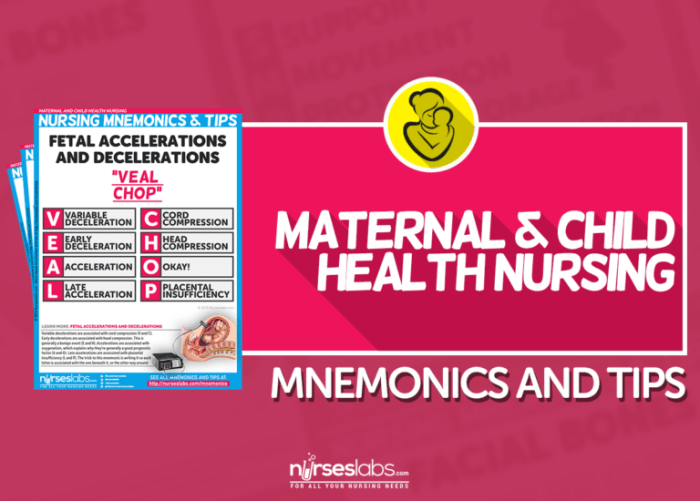Maternal newborn pre assessment quiz – Welcome to our comprehensive guide to the Maternal Newborn Pre-Assessment Quiz. This quiz is designed to assess your knowledge of the essential components of a thorough maternal-newborn assessment. By completing this quiz, you will gain a deeper understanding of the importance of accurate and timely assessment in ensuring the well-being of both mother and baby.
This guide will provide you with a detailed overview of the steps involved in a maternal-newborn assessment, including the rationale behind each component and the potential risks associated with inadequate assessment. You will also learn about the different assessment techniques used, including both non-invasive and invasive methods, and the indications and contraindications for each technique.
Maternal Assessment: Maternal Newborn Pre Assessment Quiz
A comprehensive maternal assessment is crucial for identifying and addressing potential risks to the mother and fetus during pregnancy and labor. It involves a detailed examination of the mother’s physical, emotional, and social well-being.
Components of a thorough maternal assessment include:
- Medical history, including past pregnancies, current health conditions, and medications
- Physical examination, including vital signs, weight, and abdominal palpation
- Obstetrical examination, including uterine size and position, fetal heart rate, and presentation
- Psychosocial assessment, including emotional state, coping mechanisms, and social support
An inadequate maternal assessment can lead to missed diagnoses, delayed interventions, and adverse outcomes for the mother and fetus.
Newborn Assessment

A comprehensive newborn assessment is essential for evaluating the newborn’s health and identifying any potential problems. It involves a systematic examination of the newborn’s physical, neurological, and developmental status.
Steps involved in a comprehensive newborn assessment include:
- Initial observation, including respiratory effort, skin color, and activity level
- Physical examination, including head circumference, weight, length, and examination of major organ systems
- Neurological examination, including reflexes, muscle tone, and cranial nerve function
- Developmental assessment, including assessment of vision, hearing, and language skills
Each assessment component is significant in providing information about the newborn’s health and well-being.
Pre-Assessment Preparation
Proper preparation is essential for a successful maternal-newborn pre-assessment. A checklist of essential items includes:
- Stethoscope
- Sphygmomanometer
- Tape measure
- Fetoscope
- Doppler ultrasound
- Examination gloves
The optimal environment for conducting a pre-assessment is a quiet, private room with adequate lighting. Establishing a rapport with the patient by introducing oneself, explaining the purpose of the assessment, and answering any questions can help create a comfortable and cooperative environment.
Assessment Techniques

Various assessment techniques are used in maternal-newborn pre-assessment. Non-invasive methods include:
- Inspection
- Palpation
- Auscultation
Invasive methods include:
- Blood tests
- Ultrasound
- Amniocentesis
The indications and contraindications for each assessment technique should be considered before use.
Documentation and Reporting
Accurate and comprehensive documentation is essential in maternal-newborn pre-assessment. It should include:
- Patient’s history and demographic information
- Assessment findings
- Interpretation of findings
- Recommendations for further evaluation or intervention
Standardized assessment tools and electronic health records can facilitate accurate and efficient documentation. Timely and effective reporting of assessment findings is crucial for ensuring appropriate follow-up care.
Clarifying Questions
What is the purpose of a maternal-newborn pre-assessment?
A maternal-newborn pre-assessment is conducted to identify any potential risks or complications that may arise during labor and delivery. By assessing the mother’s health and the baby’s condition, healthcare providers can develop a plan of care to ensure the safety and well-being of both.
What are the key components of a maternal-newborn pre-assessment?
A comprehensive maternal-newborn pre-assessment includes a thorough history and physical examination of the mother, as well as an assessment of the baby’s growth, development, and well-being.
What are the potential risks associated with an inadequate maternal-newborn pre-assessment?
An inadequate maternal-newborn pre-assessment can lead to missed or delayed diagnosis of potential complications, which can put the mother and baby at risk. For example, an inadequate assessment may fail to identify a mother’s risk of pre-eclampsia or a baby’s risk of respiratory distress syndrome.